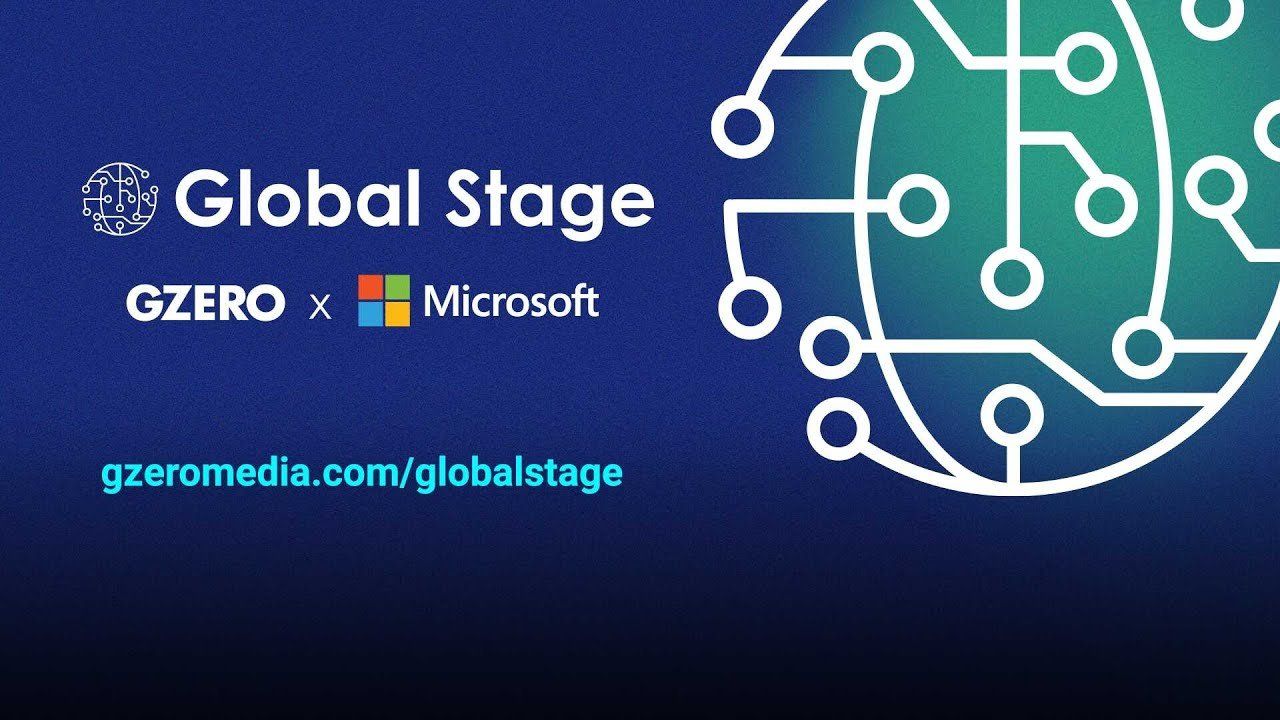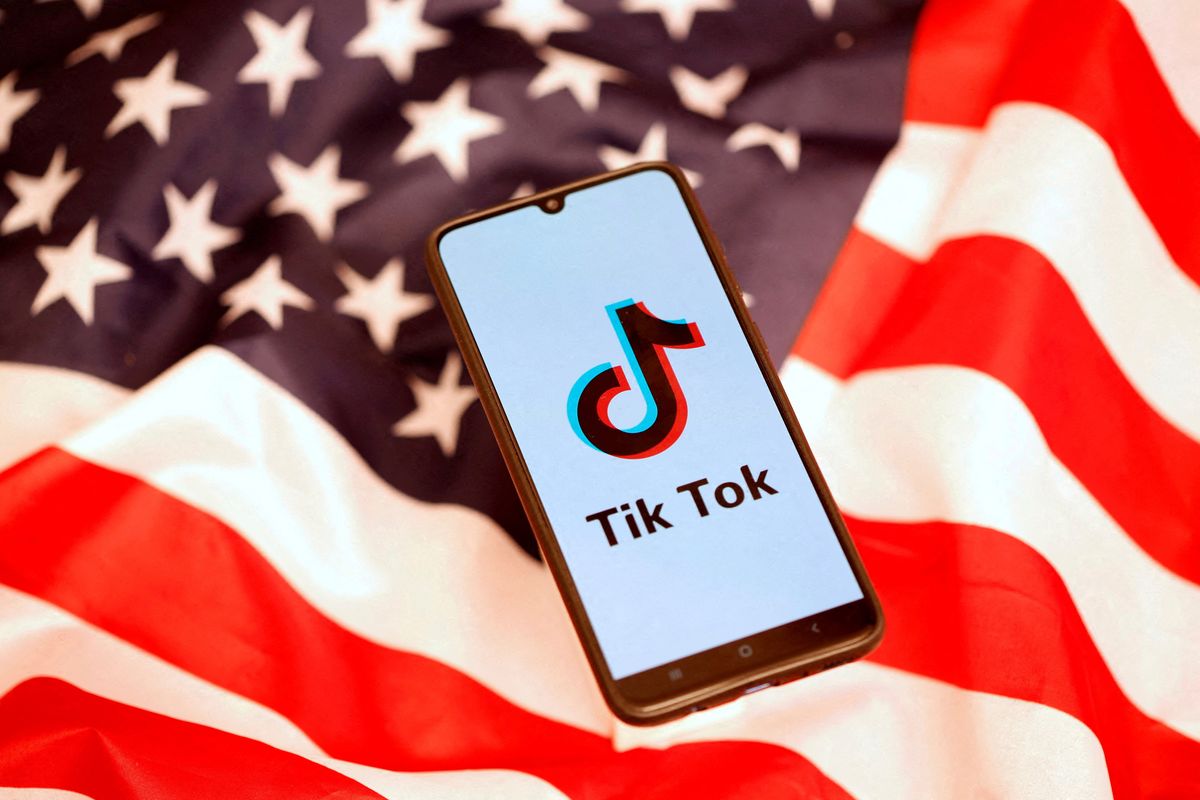Fresh out of Barnard College with a degree in political science, Riley is learning the ropes as a writer and reporter for GZERO. When she isn’t writing about global politics, you can find her making GZERO’s crossword puzzles, conducting research on American politics, or persisting in her lifelong quest to learn French. Riley spends her time outside of work grilling, dancing, and wearing many hats (both literally and figuratively).
It’s set to take effect on January 1, 2024 – but lawsuits are already underway to challenge it. TikTok and free speech advocates argue that it violates Montanans’ First Amendment rights. Influencers and the 6,000 businesses in Montana that use the platform to earn a living aren’t happy either.
Even if the bill isn't struck down by the courts, enforcing it will be tricky. Google trends from after the signing show a surge in “VPN” searches in Montana. Also, the ban only extends to new downloads, and users that already have the app on their phone will not be punished for using it. Instead, Montana is putting the onus on Google and Apple, who will be fined $10,000 per day each time an Apple or Android user “is offered the ability to access” TikTok on their app stores.
If Montana’s law goes through, it could serve as a blueprint for other states or Federal lawmakers concerned about risks to personal data and national security. Late last year, Congress banned TikTok from use on federal devices. Lawmakers then questioned TikTok’s CEO earlier this year and are working to pass the bipartisan RESTRICT bill. Congress has also threatened to consider a nationwide ban if the app is not purchased by an American company







